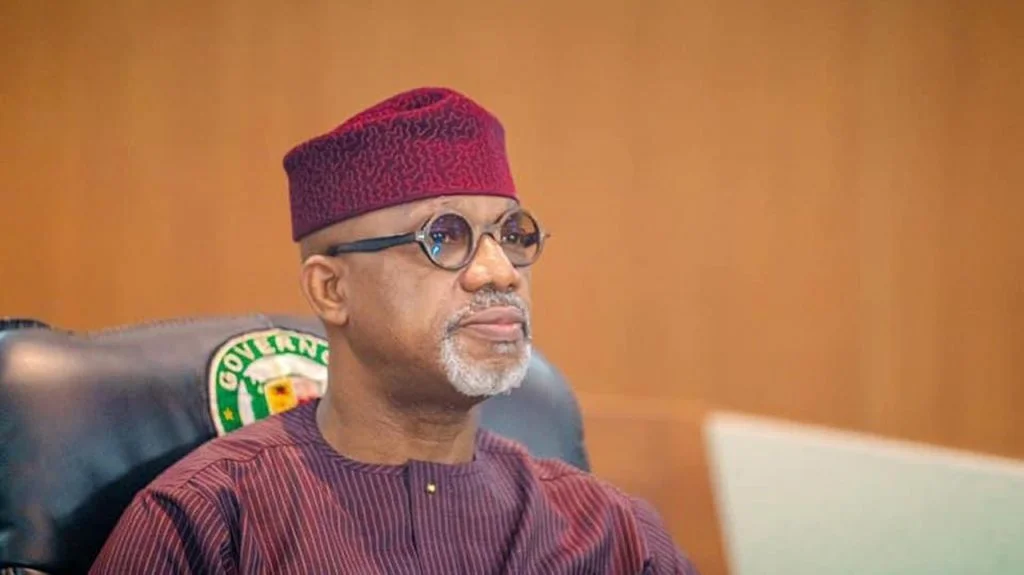Lagos Targets Rolling Out 10,000 Electric Buses by 2030 in Green Transport Drive

The Lagos Metropolitan Area Transport Authority (LAMATA) has announced plans to introduce 10,000 electric buses across the state by 2030, as part of an ambitious push towards a low-carbon public transport system.
The agency disclosed the plan in a statement on Sunday, noting that it had entered into a strategic partnership with Greenplinth Africa Limited to fast-track Lagos State’s transition to cleaner, sustainable mobility.
According to LAMATA’s spokesperson, Kolawole Ojelabi, the initiative—endorsed by Governor Babajide Sanwo-Olu—is part of a broader “green and climate action programme” aimed at cutting emissions and modernising the city’s transport infrastructure.
“A pivotal aspect of the partnership is its support for LAMATA’s ambitious goal of deploying 10,000 electric buses in Lagos State by 2030, a milestone expected to position the state as a continental leader in sustainable urban mobility,” Ojelabi said.
LAMATA stated that the partnership makes Lagos the first sub-national government in Africa to pursue such a comprehensive decarbonisation strategy in the public transport sector.
Under the agreement, Greenplinth Africa Limited will act as consultants and strategic partners, developing a carbon credit portfolio for ongoing and future transport projects.
The firm will also design the carbon financing framework required to sustain the large-scale transition from fossil fuels to electric vehicles.
An approval letter signed by LAMATA’s Managing Director, Abimbola Akinajo, tasked Greenplinth with immediately commencing work to reduce CO₂ emissions across the transport network.
The collaboration will cover key areas including Bus Rapid Transit (BRT) regulation, electrification and expansion of the Blue and Red Rail Lines, and biogas plant development to support biofuel alternatives.
Globally, governments and institutions are accelerating efforts to embrace sustainable mobility.
In a related development, the University of Lagos announced in September that it expects to cut over 120 metric tons of CO₂ emissions by the end of 2025 through its Electric Vehicle Initiative launched earlier this year.









